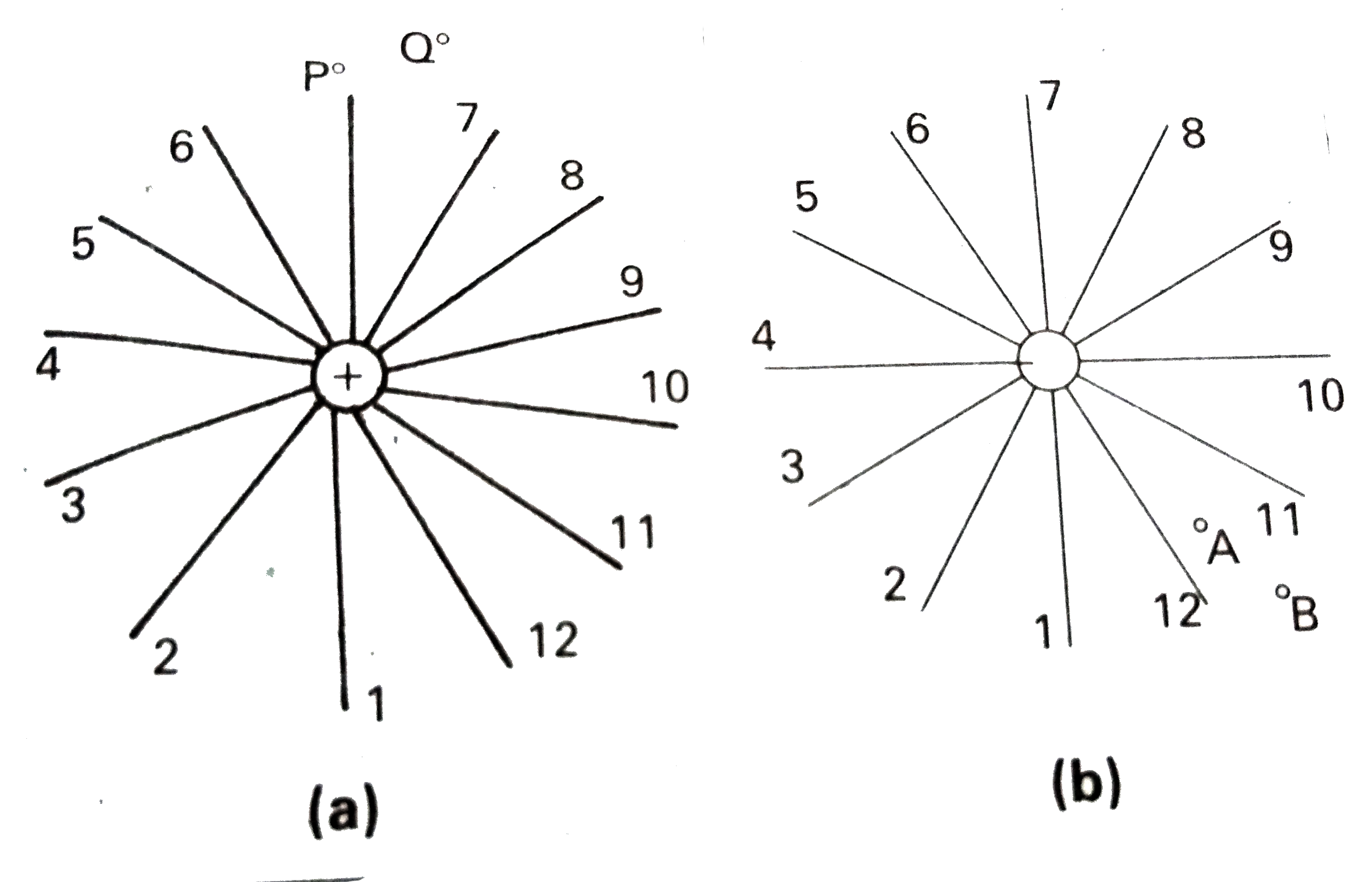If Coulomb's law involved dependence (instead of ), would Gauss's law be still true ? Solution in Telugu
No Gauss'a law will not be true if coloumb's law involved dependence instead of dependence.
Topper's Solved these Questions
- ELECTROSTATIC POTENTIAL AND CAPACITANCEBook:VIKRAM PUBLICATION ( ANDHRA PUBLICATION)Chapter:ELECTROSTATIC POTENTIAL AND CAPACITANCEExercise:Textual Examples
Explore 10 Videos
- ELECTROSTATIC POTENTIAL AND CAPACITANCEBook:VIKRAM PUBLICATION ( ANDHRA PUBLICATION)Chapter:ELECTROSTATIC POTENTIAL AND CAPACITANCEExercise:Important Questions
Explore 3 Videos
- ELECTROSTATIC POTENTIAL AND CAPACITANCEBook:VIKRAM PUBLICATION ( ANDHRA PUBLICATION)Chapter:ELECTROSTATIC POTENTIAL AND CAPACITANCEExercise:Textual Exercises
Explore 11 Videos
- ELECTROMAGNETIC WAVEBook:VIKRAM PUBLICATION ( ANDHRA PUBLICATION)Chapter:ELECTROMAGNETIC WAVEExercise:ADDITIONAL EXERCISES
Explore 19 Videos
- MAGNETISM AND MATTERBook:VIKRAM PUBLICATION ( ANDHRA PUBLICATION)Chapter:MAGNETISM AND MATTERExercise:Additional Exercises
Explore 19 Videos
Similar Questions
Figure (a) and (b) shows the field lines of a positive and negative point charge respectively.

Give the signs of the potential difference Vp−VQ,VB−VA.
View SolutionThree capacitors of capacitances 1muF,2muF and 3muFare connected in parallel
(a) What is the ratio of charges ?
(b) What is the ratio of potential differences ?
View SolutionTwo charges 5×10−8Cand−3×10−8C are located 16 cm apart. At what point(s) on the line joining the two charges is the electric potential zero? Take the potential at infinity to be zero.
View SolutionSuppose that the electric field part of an electromagnetic wave in vacuum is E={(3.1 N/C) cos [(1.8 rad/m)y+{5.4×106 rad/s} t]} i.
What is the direction of propagation ?
View SolutionWhy does a paramagnetic sample display greater magnetisation (for the same magnetising field) when cooled?
View SolutionIf Coulomb's law involved 1/r^3 (instead of 1/r^2) , would Gauss's law still be true?
View SolutionState Gauss's Theorem in electrostatics and deduce coulomb's law from Gauss's theorem.
View SolutionIf Coulomb's law involved 1/(r^3) dependence (instead of 1/(r^2) ), would Gauss'law be still true?
View SolutionIf It is 1/r^2.5 in place of 1/r^2 , would Gauss's law still hold?
View SolutionIf Coulomb's law involved 1/r3 dependence (instead of 1/r2), would Gauss's law be still true ?
View SolutionObtain Gauss's law from Coulomb's law.
View SolutionObtain Coulomb's law from Gauss's law.
View SolutionAnswer carefully:
(a) Two large conducting spheres carrying charges Q1 and Q2 are brought close to each other. Is the magnitude of electrostatic force between them exactly given by Q1,Q2/4πε0r2, where r is the distance between their centres?
(b) If Coulomb’s law involved 1/r3 dependence (instead of would Gauss’s law be still true ?
(c) A small test charge is released at rest at a point in an electrostatic field configuration. Will it travel along the field line passing through that point?
(d) What is the work done by the field of a nucleus in a complete circular orbit of the electron? What if the orbit is elliptical?
(e) We know that electric field is discontinuous across the surface of a charged conductor. Is electric potential also discontinuous there?
(f) What meaning would you give to the capacitance of a single conductor?
(g) Guess a possible reason why water has a much greater dielectric constant (= 80) than say, mica (= 6).
View SolutionIf Coulomb's law involved 1/r^3 instead of 1/r^2 , would Gauss's law still be true?
View SolutionEstablish Coulomb's law from Gauss's theorem.
View Solution

